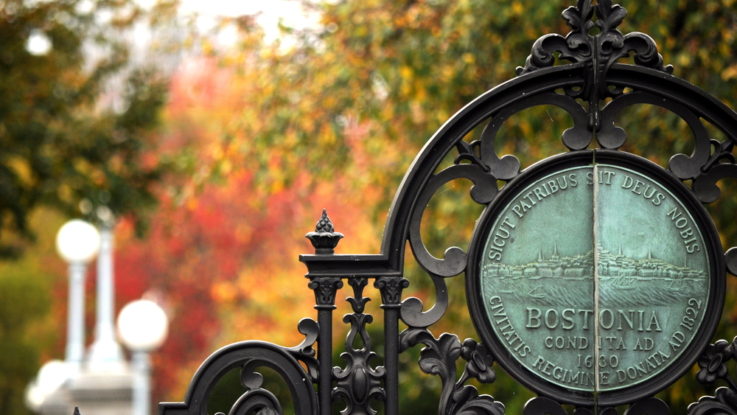
Boston, MA has a new office within its Housing Cabinet – GrowBoston: Office of Urban Agriculture – which will work to increase food production throughout the city; develop and implement new food production strategies; provide technical assistance to prospective and existing urban gardens and farms; develop food production resources for gardeners, farmers, and other residents; and coordinate with other City departments to expand citywide urban agriculture. One of its projects will be expanding on the work of the existing Grassroots Open Space Program that – over the past 25 years – has created more than 60 acres of open space, primarily as community gardens.
“Boston has a long history of urban agriculture in many forms, and our field has seen ever-increasing momentum over the past decade,” said Shani Fletcher, Director of GrowBoston. “I am thrilled to take on this leadership role as Boston moves into an era of increased investment in food system transformation with an eye towards equity.”
Boston’s Office of Food Access has been renamed the Mayor’s Office of Food Justice (OFJ) with a mission to build a food system that is equitable, resilient, sustainable, and just. OFJ will focus on five pillars that will work towards increasing the accessibility of nutritious, affordable food in Boston. These include: investing in the city’s food businesses; building coalitions; expanding Boston residents’ access to affordable, culturally appropriate, and nutritious food; using public procurement of food; and investing in food chain workers in Boston. GrowBoston is focused on food production, while OFJ is focused on food access.
“Urban agriculture, including community gardens, urban farms, food forests, and other ways of growing food in the city, can directly strengthen our local food system, mitigate the impacts of the climate crisis and ensure equitable access to healthy food in Boston,” said Mayor Michelle Wu. “GrowBoston and the Office of Food Justice will combat inequities in the food system, reduce the carbon footprint of food access, and increase food security while reducing climate change impacts. Boston has a long history of urban agriculture as well as food justice activism, and we are continuing this tradition with increased investment of public resources.”